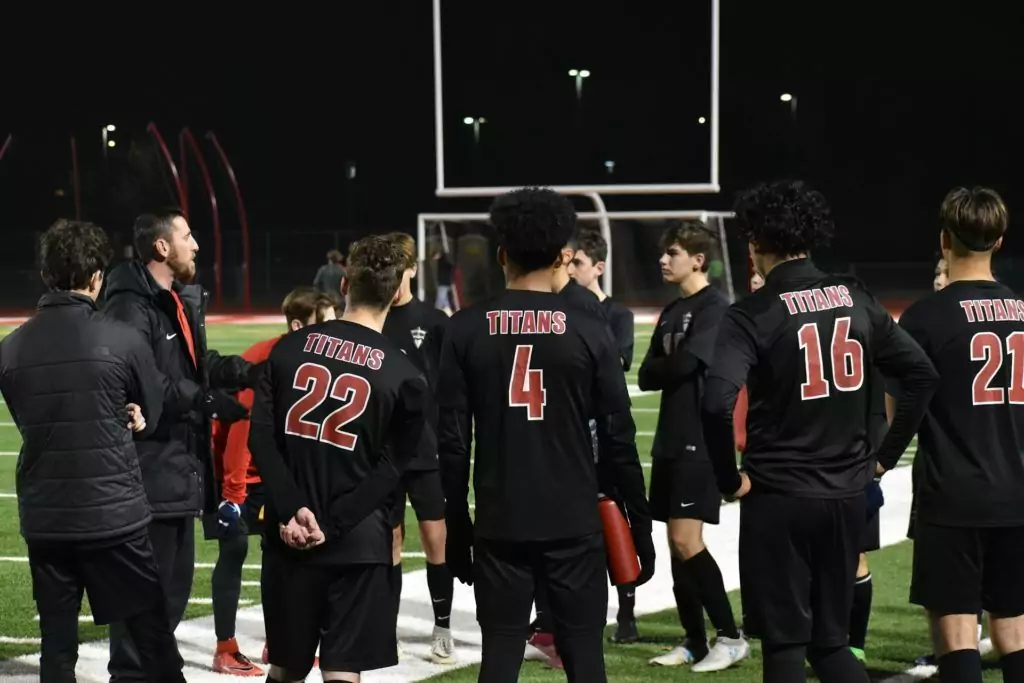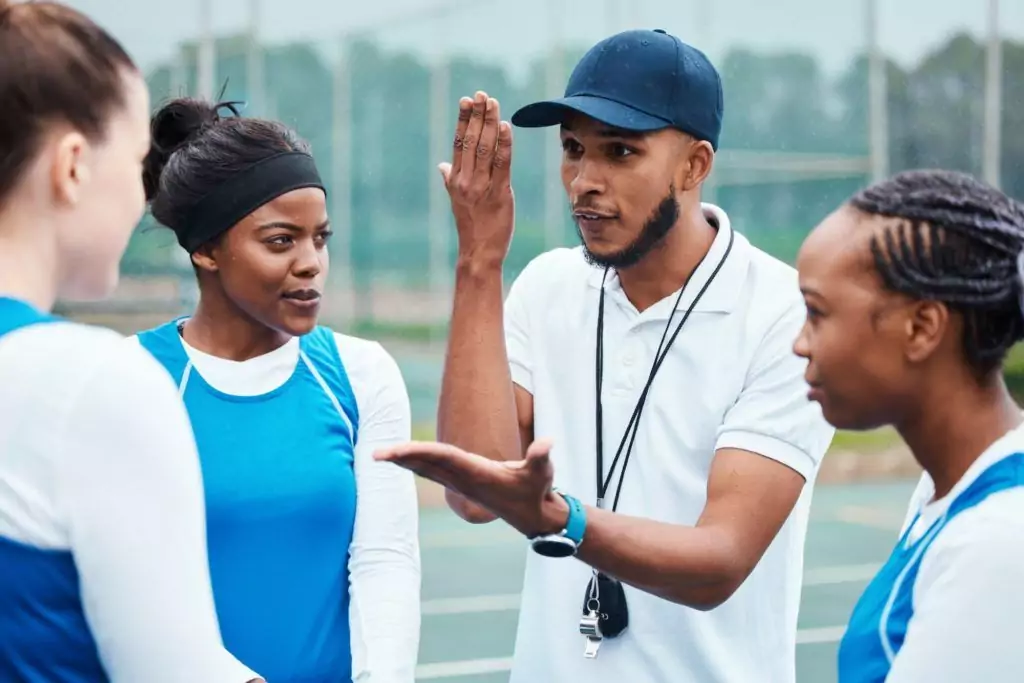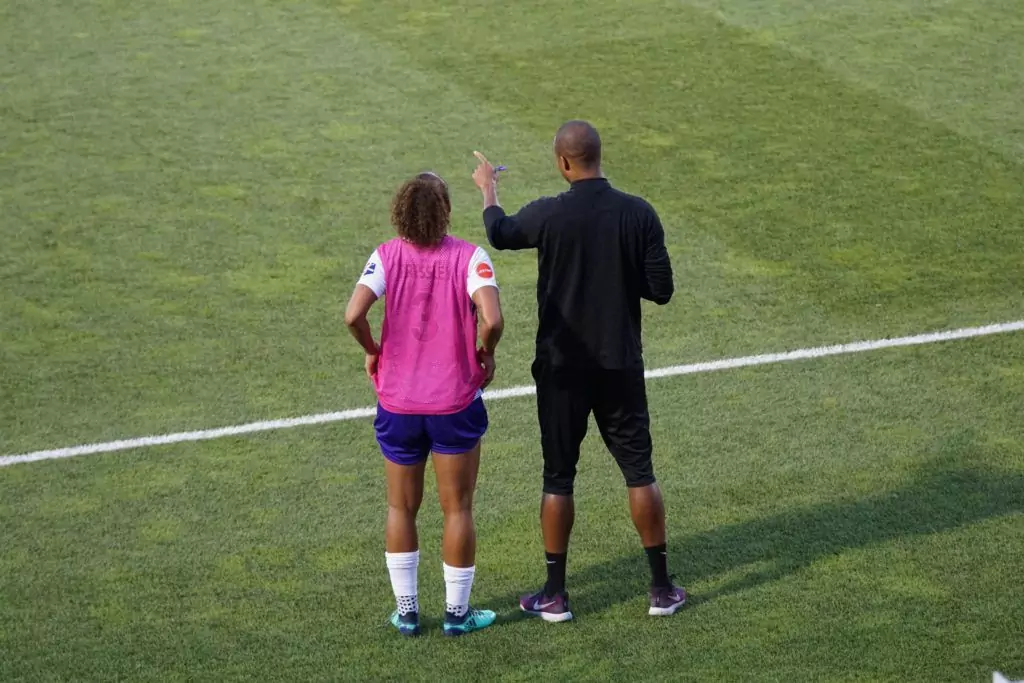As a coach, one of your primary responsibilities is to motivate and inspire your athletes to reach their full potential. By fostering a positive and supportive environment, you can nurture their passion for the sport, bolster their self-confidence, and empower them to achieve greatness. However, maintaining this level of motivation and enthusiasm can be challenging, especially when balancing coaching duties with managing crucial fundraising efforts for your team.
In this comprehensive article, we will explore effective coaching techniques centered on developing and sustaining motivation in athletes of all skill levels. From building trust and cultivating a growth mindset to setting achievable goals and providing constructive feedback, these insights offer valuable guidance for coaches aspiring to take their athletes to new heights.
In addition, we’ll briefly discuss how Scoreboard Fundraising can streamline your fundraising efforts, allowing you to focus on motivating and developing your athletes. With our 100% virtual, paperless, and stress-free platform, you can ensure your team’s financial needs are met while dedicating your time and energy to honing your coaching techniques and creating a lasting impact on your athletes’ lives.
Building Trust and Establishing Connection
One of the cornerstones of effective coaching is creating a solid foundation of trust and instilling a culture of open communication within your team. This allows athletes to feel comfortable expressing their concerns and fosters a sense of camaraderie among all members. Employ these techniques to establish strong connections:
- Get to Know Your Athletes: Invest time in understanding each athlete’s unique personality, background, and interests, as this will help you better tailor your coaching approach and strengthen your bond with them.
- Show Genuine Care and Concern: Demonstrating genuine care for your athletes’ well-being, both on and off the field, encourages them to trust you and remain committed to the team.
- Lead by Example: Exhibit the values and behaviors you expect from your athletes, holding yourself accountable to the same standards and inspiring them to follow suit.
Cultivating a Growth Mindset
A growth mindset fosters the belief that abilities and skills can be developed and improved over time with effort and dedication. Implement these techniques to nurture this mindset in your athletes:
- Encourage Resilience: Recognize that setbacks and failures are vital steps toward progress and that they provide valuable learning opportunities for both coaches and athletes.
- Praise Effort Over Outcome: Emphasize the importance of consistent effort, personal improvement, and learning from experiences rather than solely fixating on the final outcome.
- Challenge Limiting Beliefs: Encourage athletes to challenge their perceptions of their abilities and help them embrace challenges as opportunities to grow and excel.
Setting Achievable Goals and Providing Feedback
Effective goal-setting techniques can greatly impact your athletes’ motivation, as they provide clarity, focus, and a sense of accomplishment. Adopt the following practices to guide your athletes through the goal-setting process:
- Collaborate on Goal-Setting: Engage your athletes in setting both short-term and long-term goals, encouraging them to take ownership of their personal and team objectives.
- Break Down Goals into Manageable Milestones: Help your athletes develop a roadmap that breaks down their goals into smaller, attainable tasks. This keeps motivation high by allowing athletes to experience incremental progress.
- Provide Constructive Feedback: Regularly monitor your athletes’ progress and offer candid yet supportive feedback, highlighting their strengths while also addressing areas for improvement.
Implementing Intrinsic and Extrinsic Motivation Strategies
Both intrinsic (internal) and extrinsic (external) motivation can drive athletes toward success. Striking a balance between these two types of motivation will yield the best results for your team. Consider using these methods:
- Foster Self-Motivation: Encourage athletes to set personal standards of excellence and develop self-discipline in their pursuit of these standards.
- Offer Rewards and Recognition: Implement a reward system to recognize exceptional performance, both individually and as a team. This could include certificates, special privileges, or public acknowledgment of accomplishments.
- Use Healthy Competition: Create competitive situations in training that challenge athletes to push their limits while also promoting sportsmanship and teamwork.
Leveraging Technology to Streamline Fundraising and Coaching
With so many responsibilities to juggle, making time for both coaching and fundraising can be challenging for youth group directors. Fortunately, technology can offer valuable support, freeing up time and enabling you to focus on nurturing your athletes’ motivation and growth. Scoreboard Fundraising simplifies the fundraising process, offering a user-friendly app designed for groups such as choir, band, cheer, dance, esports, and girls sports teams, among others.
By partnering with Scoreboard Fundraising, your team can enjoy a paperless, cashless, and stress-free fundraising experience. Donation fundraising, for example, provides an efficient and profitable means for your team to generate the funds needed to sustain their activities. By streamlining your fundraising efforts with Scoreboard Fundraising, you can allocate more time and energy to refining your coaching techniques and inspiring your athletes to thrive.
Incorporating Sports Psychology Principles
Sports psychology can play an essential role in athlete motivation when it comes to understanding your athletes’ unique mental and emotional needs. Some key principles to consider include:
- Visualization: Encourage athletes to visualize successful performance, as this mental imagery can enhance self-confidence and reinforce positive habits.
- Mindfulness: Help your athletes practice mindful awareness of their thoughts, emotions, and bodily sensations, cultivating greater self-awareness and emotional regulation during competition.
- Team Cohesion: Establish a strong sense of unity within your team, fostered through trust-building exercises, team-building activities, and shared values.
By implementing these effective coaching techniques, you can greatly impact your athletes’ motivation levels, boosting their confidence and overall performance. At the same time, leveraging technology to simplify logistical tasks such as fundraising will allow you to fully dedicate your attention to your primary role as a coach: Inspiring athletes to reach their full potential.
Unlocking Athlete Potential with Innovative Fundraising Solutions
Effective coaching techniques that foster trust encourage a growth mindset, promote goal-setting, and balance intrinsic and extrinsic motivation are vital for inspiring and motivating your athletes. Incorporating sports psychology principles and leveraging technology further enhances your ability to create a thriving, dynamic team.
Scoreboard Fundraising offers a seamless solution to the fundraising challenges often faced by coaches, allowing you to focus on cultivating your athletes’ motivation and success. With our innovative app designed for groups such as choir, band, cheer, dance, and esports teams, you can raise the necessary funds to support your team while maintaining a stress-free, cashless, and paperless approach.
Ready to elevate your fundraising game and unlock your team’s full potential? Explore the benefits of partnering with Scoreboard Fundraising’s virtual fundraising app and help your athletes soar to new heights. Experience success made easy by reaching out to us today!




